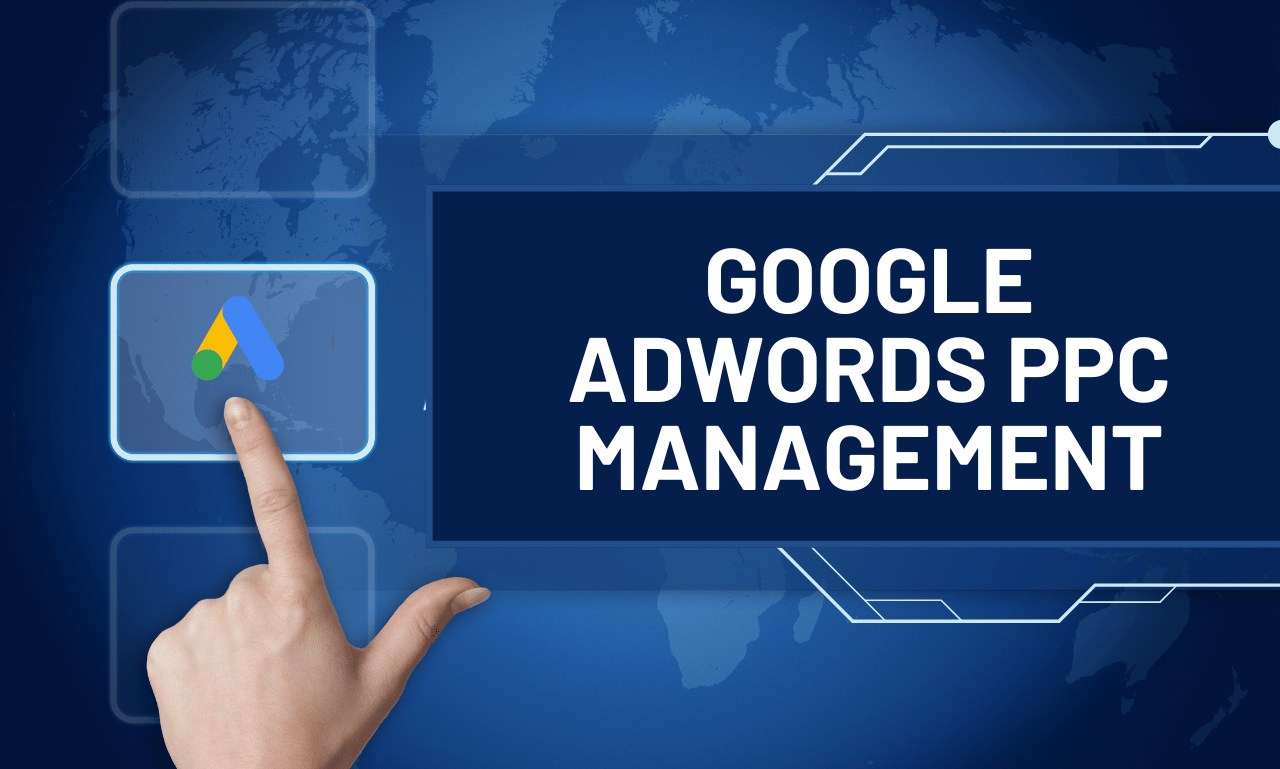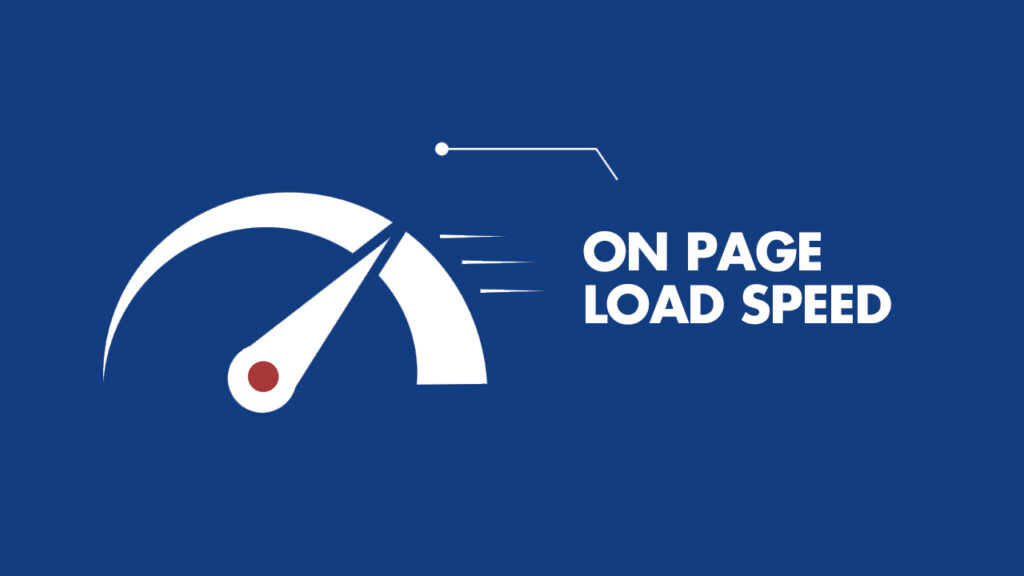Introduction: The Importance of Google AdWords PPC Management
In the digital age, businesses that want to drive targeted traffic to their websites often turn to Google AdWords PPC management as a go-to solution. Google AdWords, now known as Google Ads, is a powerful advertising platform that allows businesses to display ads across Google’s vast network, including search results, YouTube, and millions of partner websites. PPC (pay-per-click) advertising on Google offers one of the best opportunities to connect with potential customers who are actively searching for products or services similar to yours.

However, the key to success lies not just in setting up a Google Ads campaign but in managing it effectively. With millions of competitors vying for attention and advertising space, Google AdWords PPC management requires expertise and precision to ensure that every dollar you spend on ads yields the best possible return on investment (ROI). This guide will cover all aspects of Google AdWords PPC management, from setting up your campaigns to advanced strategies for improving your results.
1. What is Google AdWords PPC Management?
At its core, Google AdWords PPC management is the process of creating, optimizing, and maintaining paid ad campaigns on the Google Ads platform. Advertisers pay a fee each time a user clicks on their ad, hence the term “pay-per-click.” Managing PPC campaigns involves a series of tasks aimed at ensuring that ads appear for the right searches, at the right time, and to the right audience.
The goal of PPC management is to maximize conversions (such as sales or sign-ups) while minimizing the cost per acquisition (CPA). It involves:
- Selecting relevant keywords that will trigger your ads.
- Setting a budget and bid strategy.
- Writing compelling ad copy.
- Optimizing landing pages for higher conversion rates.
- Continuously analyzing data to improve performance.
An effective Google Ads PPC management strategy is data-driven and requires continuous testing and tweaking to find the most cost-effective and high-converting tactics.
2. How Does Google AdWords PPC Work?
Before diving into the specifics of PPC management, it’s important to understand how Google AdWords works. Google Ads is based on an auction system. When someone enters a search query on Google, the platform runs an auction to determine which ads to show and in what order.
Here’s a basic overview of the process:
- Keywords: Advertisers select keywords relevant to their products or services. When someone searches for those keywords, Google decides which ads to display based on factors like bid amount and ad quality.
- Bidding: Advertisers set a bid amount, which is the maximum they are willing to pay for each click on their ad. The higher your bid, the better your chances of showing up in a prominent position.
- Ad Rank: Google determines the position of your ad using a metric called Ad Rank, which is calculated based on your bid and the quality of your ad (quality score).
- Quality Score: This score is based on the relevance of your ad, the expected click-through rate (CTR), and the quality of the landing page. The better your ad quality, the lower your cost-per-click (CPC).
The combination of these elements makes Google AdWords PPC management a delicate balance of bid management, keyword optimization, and ad relevancy to achieve optimal results.
3. Setting Up Your Google Ads Campaign
Setting up a Google Ads campaign is the first step in PPC management, and doing it right is critical. Here’s a step-by-step guide to help you set up a successful Google Ads campaign:
a) Define Your Goals
Before you begin, define your campaign goals. Are you aiming to generate website traffic, increase sales, or raise brand awareness? Understanding your objectives will help you tailor your strategy accordingly.
b) Keyword Research
Effective keyword selection is the foundation of any successful PPC campaign. Use tools like Google Keyword Planner to identify keywords that are relevant to your business. Look for keywords that have a good search volume but aren’t too competitive to keep your costs manageable.
c) Create Ad Groups
Organize your keywords into tightly themed ad groups. This will allow you to write highly relevant ad copy that aligns with specific search intents. For example, if you’re selling shoes, you might have separate ad groups for “running shoes,” “fashionable sneakers,” and “high heels.”
d) Craft Your Ad Copy
Write compelling ad copy that communicates your value proposition. Your ads should include the following:
- Headline: Make it attention-grabbing and include the main keyword.
- Description: Highlight your unique selling points (USPs) and include a strong call-to-action (CTA).
- Display URL: Keep it relevant and easy to understand.
e) Set a Budget and Bids
Decide how much you’re willing to spend per day or month, and set your bids accordingly. You can choose between manual bidding or automated bidding, depending on your comfort level and campaign goals.
f) Optimize Landing Pages
Ensure that the landing page your ads point to is highly relevant to the ad. It should load quickly, be mobile-friendly, and provide a seamless user experience that encourages conversions.
4. The Importance of Keyword Research in PPC Management
Effective keyword research is at the heart of Google AdWords PPC management. If your ads aren’t showing up for the right keywords, your campaign will fail to generate the desired results. Here’s how to optimize your keyword strategy:
a) Focus on Long-Tail Keywords
While broad keywords may seem appealing, they can also be highly competitive and expensive. Instead, focus on long-tail keywords—phrases that are more specific and less competitive. These keywords typically have lower CPC and higher conversion rates.
b) Use Negative Keywords
Negative keywords prevent your ads from showing up for irrelevant searches. For example, if you sell premium products, you might want to add “cheap” or “discount” as negative keywords to avoid showing your ads to bargain hunters.
c) Leverage Keyword Match Types
Google Ads offers different match types to control how closely a search term must match your keyword:
- Broad Match: The broadest match type, which triggers ads for similar variations of your keyword.
- Phrase Match: Ads show when the exact phrase or close variations are searched.
- Exact Match: Ads only show when the exact keyword or close variation is searched.
Using a mix of match types allows you to control your targeting and ad spending more effectively.
5. Optimizing Your Google Ads Campaign for Success
Once your campaign is live, continuous optimization is key to improving performance. Here are some strategies for ongoing Google AdWords PPC management:
a) Monitor Performance Regularly
Track your campaign metrics like CTR, conversion rate, CPC, and Quality Score regularly. Use this data to make informed adjustments to your keywords, bids, and ad copy.
b) Test and Tweak Your Ads
A/B testing your ads is crucial for finding what resonates best with your audience. Test different headlines, descriptions, and CTAs to see which combinations drive the most engagement.
c) Refine Your Targeting
Fine-tune your targeting to ensure your ads reach the most relevant audience. Experiment with location targeting, device preferences, demographics, and interests to find your best-performing segments.
d) Adjust Bids Based on Performance
If certain keywords or ad groups are performing well, increase your bids to boost their visibility. Conversely, decrease bids for keywords that are underperforming or have a high CPA.
e) Improve Quality Score
Focus on improving your Quality Score by ensuring that your ads are highly relevant to your keywords and that your landing pages provide a great user experience. A high-quality Score can lower your CPC and improve your ad ranking.
6. Managing Google Ad Extensions
Google Ads offers several ad extensions that can enhance the visibility of your ads and increase your CTR. These include:
- Sitelink Extensions: Add links to specific pages on your website.
- Call Extensions: Allow users to directly call your business from the ad.
- Location Extensions: Show your business address and make it easier for users to find you.
- Callout Extensions: Highlight special offers or unique selling points.
Using ad extensions effectively can improve your ad’s visibility and make it more compelling to potential customers.
7. Tracking Conversions and ROI
Tracking conversions is essential for measuring the effectiveness of your Google AdWords PPC management efforts. Set up conversion tracking in Google Ads to monitor actions like purchases, form submissions, and sign-ups. This will help you measure the ROI of your campaigns and determine whether your ads are delivering the desired results.
Use Google Analytics in conjunction with Google Ads to gain deeper insights into user behavior and the effectiveness of your landing pages.
8. Budgeting for Google AdWords
Setting a budget is one of the most critical aspects of Google AdWords PPC management. You need to balance your budget with your advertising goals to ensure you’re maximizing your return on investment.
Start with a modest budget and scale up as you see positive results. Google Ads offers tools like daily budgets and bid adjustments that allow you to control your spending and avoid overspending.
9. Advanced PPC Management Strategies
To take your PPC management to the next level, consider implementing some of these advanced strategies:
- Remarketing: Target users who have previously interacted with your website or ads to encourage them to complete a purchase.
- Audience Targeting: Use Google’s audience targeting features to show ads to people based on their behavior, interests, or demographics.
- Responsive Search Ads: Test multiple headlines and descriptions to allow Google to automatically show the best-performing combinations.
Conclusion: Mastering Google AdWords PPC Management for Success
In conclusion, Google AdWords PPC management is a powerful tool for businesses looking to drive targeted traffic and maximize conversions. By setting up your campaigns correctly, conducting thorough keyword research, continuously optimizing your ads, and tracking performance, you can unlock the full potential of PPC advertising.
Effective PPC management requires both strategic planning and ongoing optimization. Whether you’re a small business or a large enterprise, the right Google Ads strategy can help you achieve your marketing goals, drive sales, and grow your brand. Start implementing these best practices today and watch your Google Ads campaigns reach new heights!



